Hallucinogens Addiction Treatment in Cedar Rapids
Overcome the chaos of hallucinogen addiction with Radix Recovery’s expert care in Cedar Rapids – restoring clarity, emotional balance, and a renewed sense of direction.
Hallucinogens Rehab Center in Cedar Rapids
Escape the Grip of Hallucinogens and Restore Your Reality
Hallucinogen use disorder can distort your perception, disrupt relationships, and lead to lasting emotional and cognitive struggles. At Radix Recovery, we offer evidence-based treatment programs that help you move beyond confusion and toward a life rooted in mental clarity and emotional wellness.
Our clinical team understands the unique challenges of hallucinogen use disorder, from persistent hallucinations and anxiety to memory disruption and mood instability. We create individualized plans that support both emotional healing and long-term relapse prevention.
Through counseling, medical oversight, and peer connection, we help you process your experiences and build healthy coping strategies. You’ll find the guidance, tools, and unwavering support needed to reclaim your future.
What Could Your Future Look Like After Treatment?
- Achieve mental clarity and emotional balance, free from flashbacks or disconnection
- Strengthen relationships damaged by the unpredictability of hallucinogen misuse
- Replace risky habits with grounded, mindful coping strategies that support lasting wellness
What Makes Our Hallucinogen Addiction Treatment Different
Comprehensive Healing in a Compassionate, Safe Space
Not all hallucinogen treatments are the same. At Radix Recovery, we specialize in addressing the complex mental and emotional challenges that arise from addiction.
We work closely with each client to create a tailored plan that supports their recovery from both the short-term effects, like confusion or paranoia, and the long-term effects of hallucinogens, including persistent mood changes and memory issues.
Our program helps you rediscover who you are beneath the fog of drug use -and build a life rooted in clarity and resilience.
What is Hallucinogen Addiction
Awareness Builds the Path to Lasting Change
Hallucinogens are substances that alter perception, mood, and brain chemistry. When used repeatedly, they can lead to addiction, marked by continued use despite serious impacts on emotional, mental, or social well-being.
While not physically addictive, it can create strong psychological dependence and cause withdrawal symptoms like confusion, irritability, or sleep disruption. Long-term use may also impair memory and emotional regulation. Understanding these effects is the first step toward healing.
Why Get Help for Hallucinogen Use Disorder?
The effects of hallucinogens can linger long after the drug wears off, causing confusion, anxiety, and disconnection. Seeking professional hallucinogen addiction treatment helps individuals navigate withdrawal, process trauma, and restore mental balance. With compassionate care and therapeutic support, recovery becomes not only possible but sustainable.
Hallucinogen Addiction Symptoms
Recognize the Symptoms,
Find Support
Hallucinogen addiction isn’t always easy to recognize, but the effects on mental health and daily life can be significant and long-lasting.
Warning Signs of Hallucinogen Addiction:
- Continues using despite experiencing negative mental and physical consequences
- Develops a strong urge or craving to use the substance regularly
- Needs higher doses over time to achieve the same effects (tolerance)
- Spends a lot of time obtaining, using, or recovering from the drug
- Fails to meet work, school, or family responsibilities due to use
- Withdraws from social or recreational activities in favor of using
- Uses in risky or dangerous situations, such as driving or being alone
- Tries but fails to cut down or stop using the substance
If these signs feel familiar, you’re not alone. Radix Recovery offers hallucinogen treatment designed to restore mental clarity and guide you toward a healthier future.
Side Effects of Hallucinogen Abuse
Though often viewed as less harmful than other substances, hallucinogens can have serious and lasting side effects. The short-term effects of hallucinogens may include intense sensory distortions, confusion, nausea, and rapid changes in mood. These reactions can lead to panic, psychosis, or accidents during altered states.
Prolonged or repeated use can result in troubling long-term effects of hallucinogens, such as chronic anxiety, memory issues, persistent hallucinations, or emotional detachment. Some users develop Hallucinogen Persisting Perception Disorder (HPPD), where flashbacks or visual disturbances occur without warning, even years after use.
Hallucinogen withdrawal symptoms, while not physical in nature, often involve psychological distress like irritability, depression, or disconnection from reality. These symptoms can make recovery difficult without targeted support.
Professional hallucinogen addiction treatment can help individuals address these challenges, providing the structure and care needed to heal the mind, stabilize emotions, and move forward with confidence and clarity.
How to Support a Loved One Through Addiction Recovery
Take the First Step with Compassionate Support
When someone you love is caught in the cycle of hallucinogen use, it can be difficult to know how to help. The effects of these substances can strain even the strongest bonds.
But your support, rooted in empathy and understanding, can open the door to recovery. Listening without judgment and encouraging treatment are vital first steps.
Radix Recovery offers compassionate intervention services to help families begin this journey with confidence. Our hallucinogens addiction treatment program includes education and support for loved ones, helping you reconnect, rebuild trust, and walk alongside your loved one as they heal and grow into the best version of themselves.
What Makes Radix Recovery Unique?
More Than Treatment – A Path to Wholeness
Radix Recovery delivers more than standard hallucinogen treatment – we provide a full-spectrum healing experience designed to nurture both body and mind. Our programs include therapeutic tools like yoga, sauna therapy, personalized fitness, massage, and creative expression through art therapy.
By addressing the whole impact of hallucinogen misuse, we help clients develop new patterns of self-care and emotional regulation. The goal is not just sobriety, but a meaningful life rooted in clarity, connection, and resilience.
Why Cedar Rapids Chooses Radix Recovery
In Cedar Rapids, Radix Recovery is known for its commitment to personalized, whole-person care for those struggling with addiction. Under the leadership of Dr. Courtney Brennaman and Dr. Jacob Christenson, our experienced team understands the complex psychological toll these substances can take.
We treat more than the symptoms – we address the deeper emotional and cognitive impacts of hallucinogen misuse. Through a blend of evidence-based therapy, wellness practices, and community support, we help individuals find lasting recovery, renewed mental balance, and a strong foundation for the future.

Hallucinogen Recovery Programs in Cedar Rapids
Support at Every Step of the Journey
Healing from hallucinogen addiction requires more than talk therapy – it takes structure, support, and a program built for the mind and spirit. At Radix Recovery, we offer tailored hallucinogen treatment programs that address emotional trauma, psychological disruption, and lingering effects like flashbacks or anxiety.
Our hallucinogen recovery options include:
Our Expert Hallucinogen Treatment Therapies
Trusted Approaches for Deep and Lasting Healing
Our therapeutic programs are designed to help individuals regain control, process difficult experiences, and build a healthier mindset for long-term success.
Our therapies include:
Iowa’s Emerging Hallucinogen Challenge
When Experiment Turns Into Dependence
Hallucinogen use is no longer limited to experimental pockets – it’s becoming a widespread concern in Iowa and beyond. Substances like LSD, psilocybin mushrooms, and MDMA are being used more frequently by young adults, often without awareness of their potential psychological risks or the long-term effects of hallucinogens.
A 2019 national survey found that more than 5.5 million U.S. adults reported using hallucinogens, with higher usage observed among younger adults, males, and those with higher education levels. This trend reflects a shift in public perception, as psychedelics become more widely used for both recreational purposes and self-medication.
By 2023, hallucinogen use among adults aged 19–30 reached 9%, according to recent national data, marking the highest rate ever recorded in this group. Use among adults aged 35–50 also rose, nearly doubling in recent years, suggesting that psychedelics are gaining popularity across generations.
In Iowa, this mirrors an increase in casual use in college towns and rural areas, where access to education and mental health services is often limited.
- Over 5.5 million U.S. adults used hallucinogens in 2019
- 9% of adults aged 19–30 reported hallucinogen use in 2023
- Use is rising across generations, raising mental health concerns






Contact Us
Your Path To Recovery
Our Iowa-based Hallucinogen treatment programs provide comprehensive care tailored to support your physical and mental well-being, helping you build a life free from alcohol with a clear path to sobriety.
- Contact Us - Fill out the form or call the number on this page
- Personalized Assessment - Meet with an admissions specialist to create a care plan
- Begin Treatment - Visit Radix Recovery for your first alcohol treatment session
FAQ
Get the Answers You Need to Start Your Recovery!
We understand that seeking help for addiction can be overwhelming and raises many questions. To help you better understand our treatment process and what to expect, we’ve compiled answers to some of the most frequently asked questions:
What types of hallucinogens are most commonly abused?
The most commonly abused types of hallucinogens include LSD (acid), psilocybin (magic mushrooms), ketamine, PCP, and MDMA (ecstasy). Synthetic compounds like NBOMe and DMT are also growing in popularity. Each substance affects the brain differently, but all can cause intense psychological experiences and long-lasting effects. Abuse often stems from recreational use or attempts at self-medication.
Is treatment for hallucinogen addiction different from other substance use treatments?
Yes, treatment for hallucinogen addiction often focuses more on psychological and emotional stabilization rather than physical detox. Since many hallucinogens don’t cause physical dependence, therapy targets cognitive distortions, trauma, and underlying mental health issues. Holistic and experiential therapies are especially effective in this type of treatment. Support systems and long-term mental health care are vital components.
How long does hallucinogen addiction treatment typically last?
Treatment duration varies based on the individual’s needs, but most programs range from several weeks to several months. Outpatient programs may last longer, especially when addressing co-occurring mental health conditions. Ongoing support after formal treatment is essential for maintaining progress. Our Cedar Rapids programs offer flexible timelines tailored to each client’s recovery journey.
Can hallucinogens impact job performance or academic success?
Absolutely. Frequent use can impair memory, focus, decision-making, and emotional regulation—all critical to professional and academic environments. Individuals may find it harder to manage responsibilities, maintain relationships, or stay motivated, which often leads to declining performance or disciplinary action.
Is it safe to stop using hallucinogens on your own?
Quitting on your own may not be physically dangerous in most cases, but the psychological symptoms – like confusion, anxiety, or depersonalization – can be intense. Professional treatment provides structure, therapy, and support to help you manage those symptoms safely. It also reduces the risk of relapse and long-term mental health issues.


